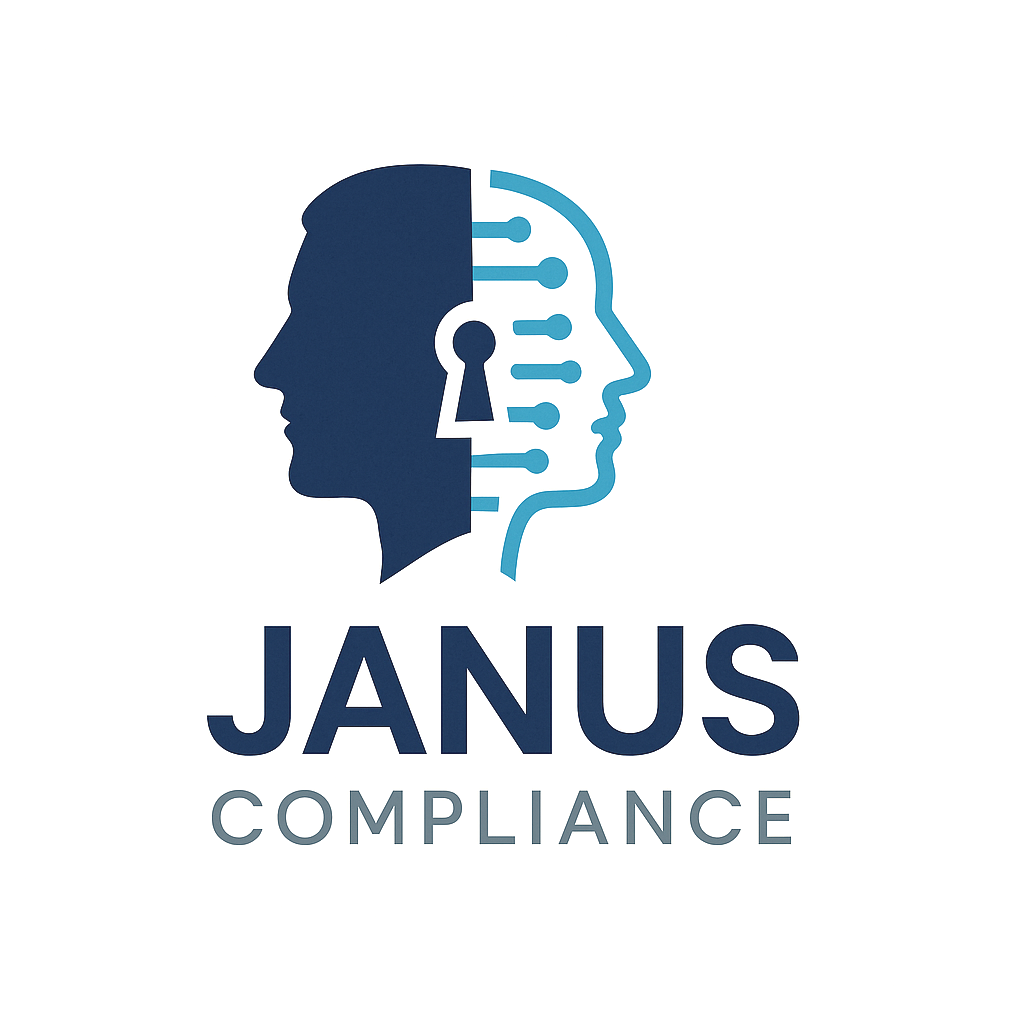Africa's GDPR Moment: Unpacking the Record ₦766M Fine That Puts Every International Company on Notice.
This month, the African data protection landscape changed forever.
The Nigeria Data Protection Commission (NDPC) didn't just issue a fine; it fired a warning shot that will be heard in boardrooms from London to Lagos. The record-breaking ₦766 million (approx. €765,000) penalty against media giant Multichoice is more than a headline—it's a clear signal of a new, aggressive era of enforcement.
For any international company operating in Nigeria, ignoring this development is a critical error. At Janus Compliance, we've analyzed the ruling, and the key takeaways are a roadmap for what to do—and what not to do.
The Breakdown: Where Did a Market Leader Go Wrong?
After a 15-month investigation, the NDPC found Multichoice guilty of multiple, severe breaches. The core violations weren't minor technicalities; they were fundamental failures of data governance.
"Patently Intrusive" Processing: The investigation revealed Multichoice was processing the personal data of not only its subscribers but also their friends and associates—individuals who had never consented to a relationship with the company.
Illegal Cross-Border Data Transfers: Data of Nigerian citizens was being transferred internationally without the adequate legal safeguards required by the Nigeria Data Protection Act (NDPA) 2023, directly challenging the nation's data sovereignty.
Failure to Cooperate: The NDPC explicitly cited Multichoice's "want of cooperation" and "unsatisfactory" remediation efforts as a key factor in levying the maximum possible penalty.
The Strategic Takeaway: What This Means for Your Business
This isn't just a Nigerian issue. It's a clear sign that data protection authorities across Africa are maturing, adopting a "remediation-first, then massive enforcement" model. Simply being "GDPR compliant" is no longer enough.
Here are the three immediate lessons for any company operating in the region:
Local Law is King: You cannot assume your GDPR framework is a catch-all. The NDPC has made it clear that specific compliance with the NDPA 2023 is mandatory. A dedicated compliance audit for your Nigerian operations is now a business necessity.
Data Sovereignty is a Non-Negotiable Risk: The focus on illegal cross-border transfers is a global trend. If you are moving data out of Nigeria, you must have an iron-clad, documented legal basis for doing so, such as an adequacy decision or robust Standard Contractual Clauses.
Cooperation is Your Best Defence: The NDPC, like many regulators, offers a path to remediation. Multichoice's failure to engage constructively was a direct contributor to the size of the fine. In a regulatory investigation, transparency and a willingness to fix the problem are your most valuable assets.
The Path Forward
The era of soft enforcement in Africa is over. Nigeria is cementing its position as the continent's regulatory leader, and international companies are squarely in the crosshairs.
Now is the time to be proactive. Reviewing your data processing activities, validating your legal basis for cross-border transfers, and ensuring your consent mechanisms are robust is no longer just a best practice—it's a critical step in mitigating significant financial and reputational risk.
Call to Action:
The regulatory landscape is complex and constantly evolving. At Janus Compliance, we help businesses navigate these challenges with clarity and confidence.
Follow the Janus Compliance company page for more expert insights on AI governance and global data protection. Visit our website at www.januscompliance.co.uk to learn more about our services.
